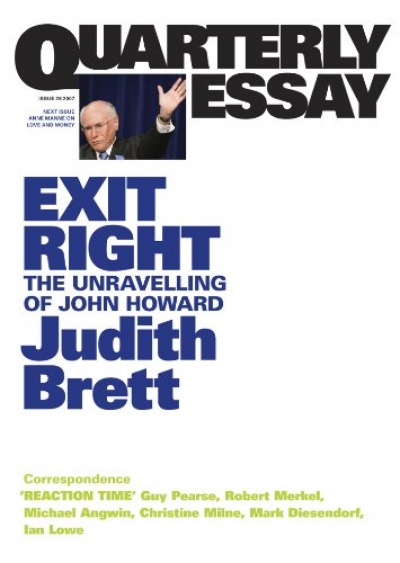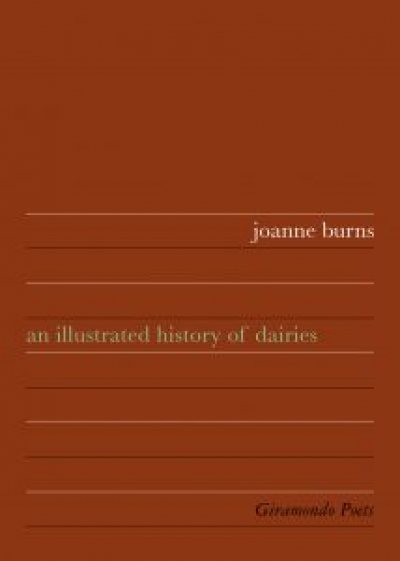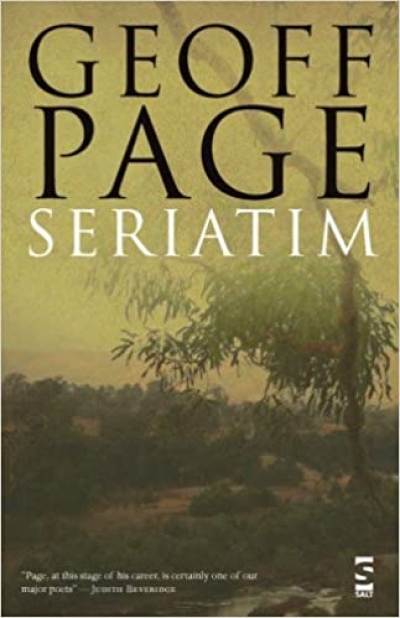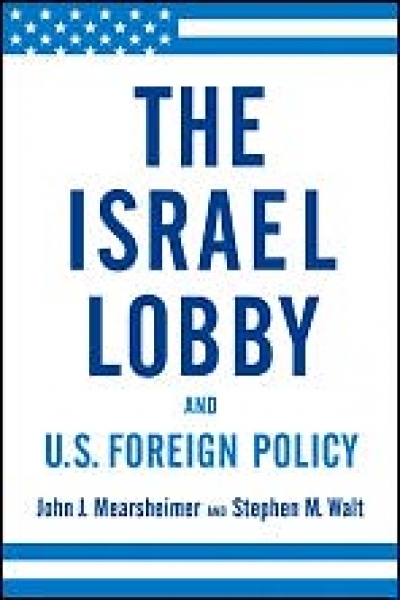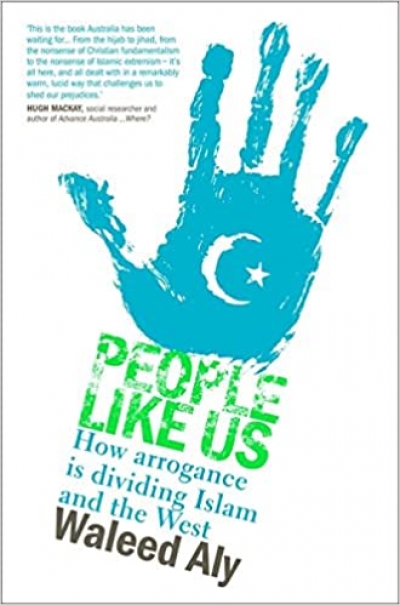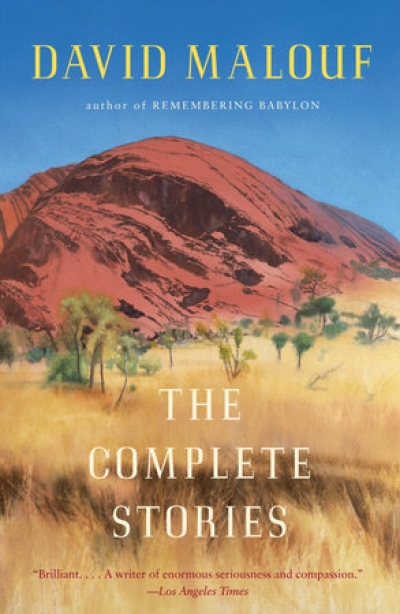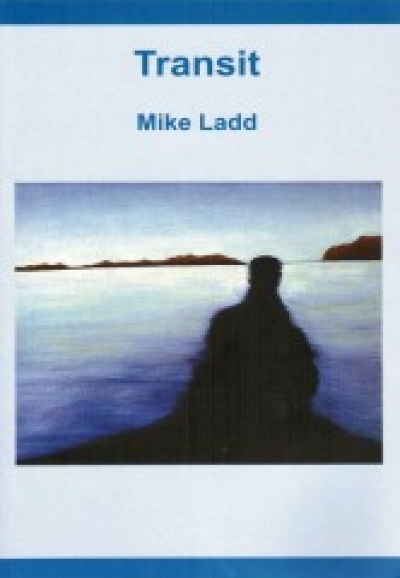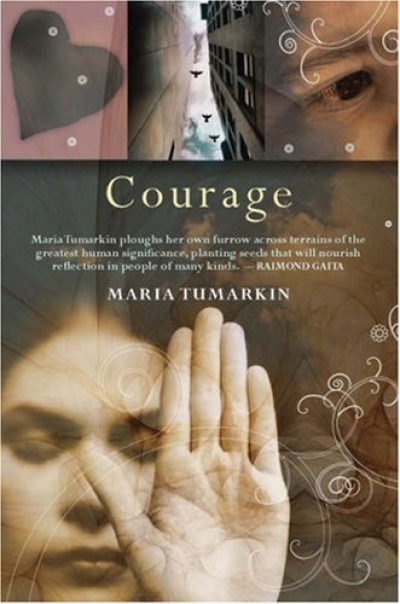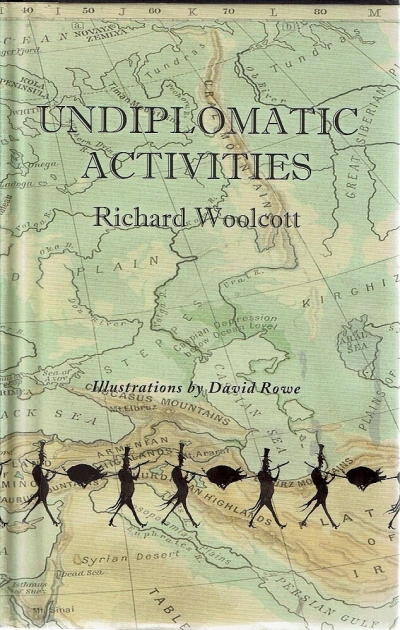Archive
Exit Right by Judith Brett & Poll Dancing by Mungo MacCallum
by Patrick Allington •
The Israel Lobby and US Foreign Policy by John J. Mearsheimer and Stephen M Walt
by Peter Rodgers •
Like Us: How arrogance is dividing Islam and the West by Waleed Aly
by Jonathan Pearlman •
Undiplomatic Activities by Richard Wollcott, illustrations by David Rowe
by Joan Grant •
was all it said
just a tiny message
to let me know
that all the way over there
where she was
... (read more)
